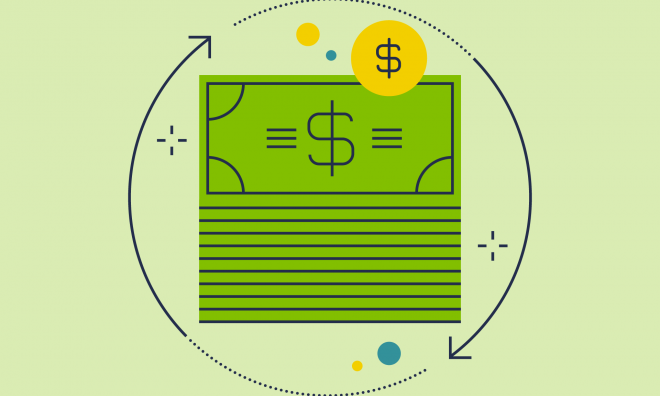
Topic

The glass ceiling exists around the world. In this podcast, Professor Gaurav Chiplunkar discusses his new research on the barriers faced by female entrepreneurs in developing countries, how their challenges harm the entire economy, and what business leaders and policymakers can do about it.
The health of Americans is worse than that of populations of other wealthy nations. The U.S.’ lower health status inflicts costs on individuals, families, businesses and society, all of which are interdependent — as are community health and economic prosperity. What strategies can ensure that vital conditions are met for all Americans?
Professor Mike Lenox and Senior Researcher Becky Duff at the University of Virginia Darden School of Business talk with the Batten Institute’s Sean Carr about their new book on what it will take to decarbonize the economy. Not just one sector. Every sector. And their insights have big implications for every business leader, investor and policymaker
Investor tax credit programs are often touted as effective ways to promote high-growth entrepreneurship, job creation and economic growth. Professor Ting Xu’s study of angel tax credit programs in the U.S. provides new insights about their impact, raising serious concerns about using investor subsidies to promote entrepreneurship.
What kinds of political and social institutions matter in confronting disaster—and how do they affect a country’s response? Darden Professor Gaurav Chiplunkar examined how nations addressed the COVID-19 pandemic, measuring variables like democracy, freedom of press and trust in government.
Some economists urge countries to embrace government borrowing — but can too much debt prove a problem in a crisis? Yes, determines new research. The COVID-19 pandemic has had vastly different economic impact on governments that are fiscally constrained as opposed to those that are fiscally robust. Professor Tomio discusses the details of his study

To buffer the effects of the pandemic on the economy, the U.S. Congress has enacted a number of bipartisan COVID-19 related bills, including the CARES Act, which got a few things wrong. Darden Professor Anton Korinek shares insights on how to improve targeting and overall effectiveness of federal aid during large-scale crises.
Professors Peter Debaere and Dennis Yang share what they believe it will take for the United States to reclaim a central position in the world under the Biden administration.
Income inequality in the United States is the greatest it has been in a century — a problem the Biden administration has expressed an intention to tackle. While there are no easy fixes, the government plans to focus on several tactics: a $1.9 trillion relief package, taxing the wealthiest Americans and investing in education.
The cultural mismatch between lending professionals and potential clients in diverse communities can cause lost revenue in what could otherwise be a win for all. Here: the story of a bank attempting to expand its market, a family facing the financing challenges of immigrant entrepreneurs, and a loan officer who embraces “character-based lending.”